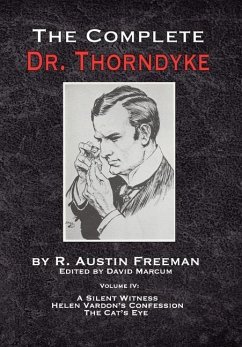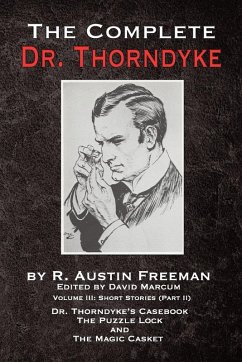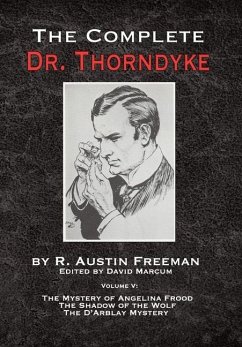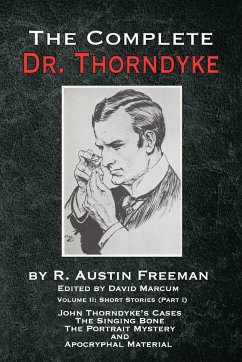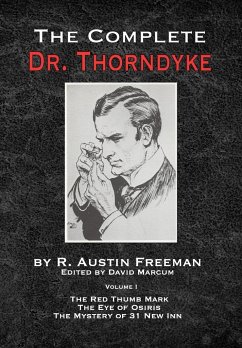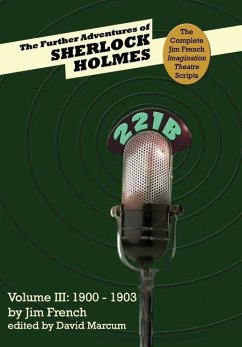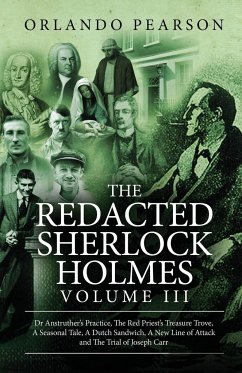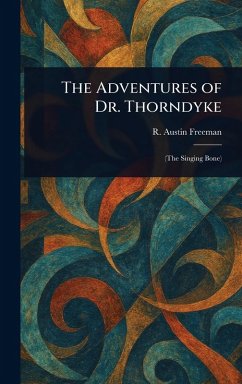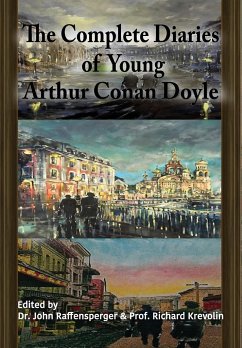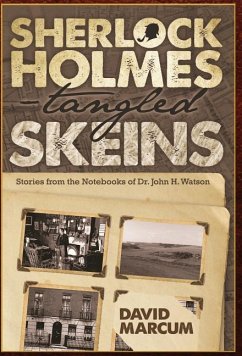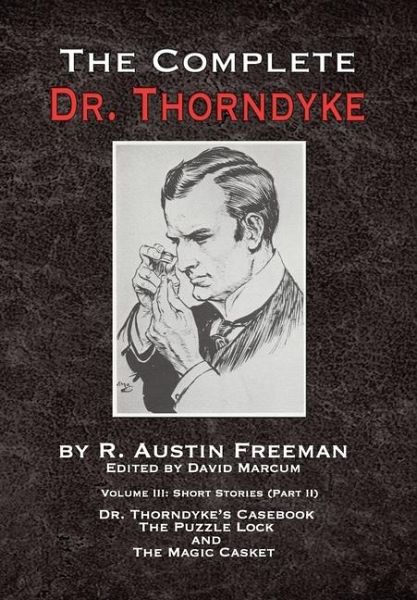
The Complete Dr. Thorndyke - Volume III
Short Stories (Part II) - Dr. Thorndyke's Casebook, The Puzzle Lock and The Magic Casket
Herausgeber: Marcum, David
Versandkostenfrei!
Versandfertig in über 4 Wochen
41,99 €
inkl. MwSt.

PAYBACK Punkte
21 °P sammeln!
Volume III contains the remaining half of the Thorndyke Short Stories. These, along with the contents of 2018's Volume II (with the first half of the short stories and a few rare Apocryphal items), presents the complete short Thorndyke mysteries for a new generation. In all, there are over forty Thorndyke short stories, spread over six books. This volume contains all twenty-five stories from the final three collections, Dr. Thorndyke's Casebook, The Puzzle Lock, and The Magic Casket. Some of the stories in this book are especially famous, as Freeman was the first to use the "inverted" mystery,...
Volume III contains the remaining half of the Thorndyke Short Stories. These, along with the contents of 2018's Volume II (with the first half of the short stories and a few rare Apocryphal items), presents the complete short Thorndyke mysteries for a new generation. In all, there are over forty Thorndyke short stories, spread over six books. This volume contains all twenty-five stories from the final three collections, Dr. Thorndyke's Casebook, The Puzzle Lock, and The Magic Casket. Some of the stories in this book are especially famous, as Freeman was the first to use the "inverted" mystery, in which the criminal (and how he did it) are identified during the first half of the story, and the second half of the narrative shows how Thorndyke solves it, in spite of the criminal's every effort. (The "inverted" crime story was later used to great success by Columbo, as well as other detectives.)



